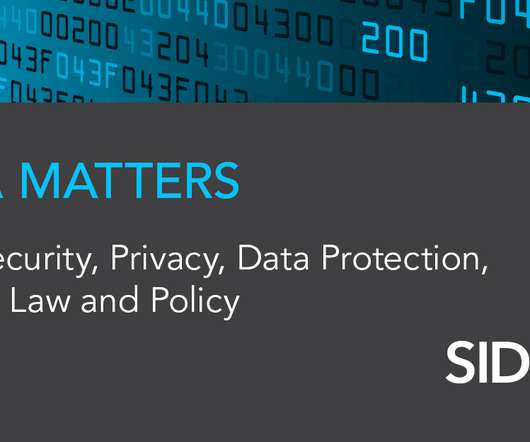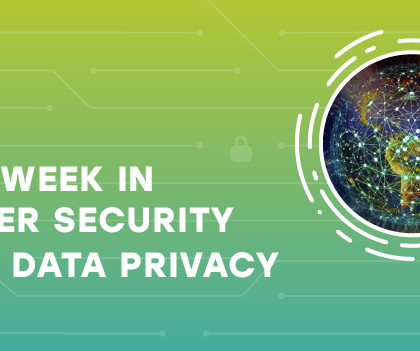MY TAKE: ‘Digital trust’ has a huge role to play mitigating cybersecurity threats, going forward
The Last Watchdog
MAY 23, 2022
They require integrity, authentication, trusted identity and encryption. Related: Leveraging PKI to advance electronic signatures. It used to be that trusting the connection between a workstation and a mainframe computer was the main concern. It is against this backdrop that digital trust has become paramount.























Let's personalize your content